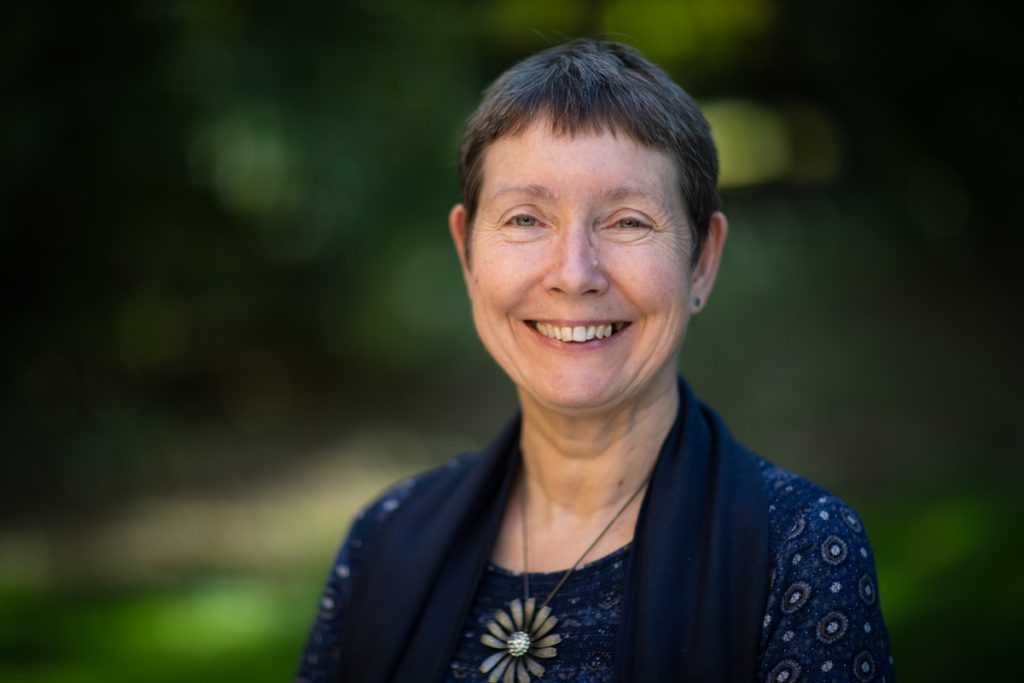After obtaining a degree and PhD in chemistry at the University of Birmingham, Ann Childs taught science in secondary schools in the UK and West Africa for eleven years, seven of these as a head of chemistry and head of science.
Since 1995 she has been involved in science teacher education at Oxford University where she is a fellow of Lady Margaret Hall.
Ann would welcome informal contacts from prospective doctoral students interested in the following topics:
- Explaining science/chemistry in secondary science classrooms – what makes an effective explanation?
- Interaction between teachers and students in second language classrooms in science where English is the medium of instruction
- Developing teacher education in science of both pre and in-service science teachers
- Educating the teacher educators – what is the knowledge base of a teacher educator in mathematics and science?







